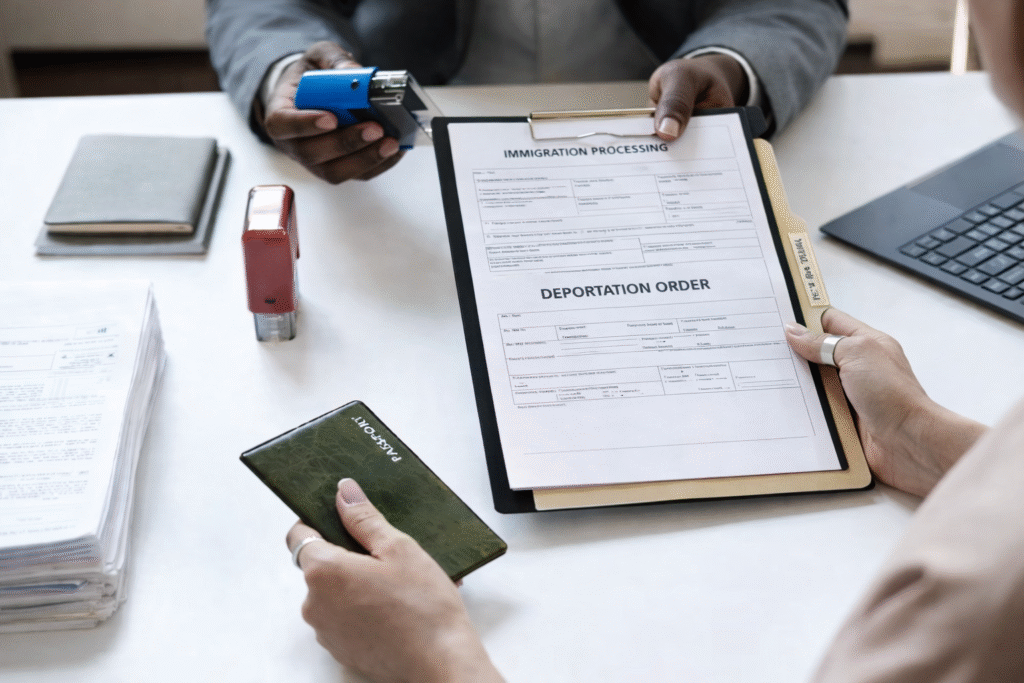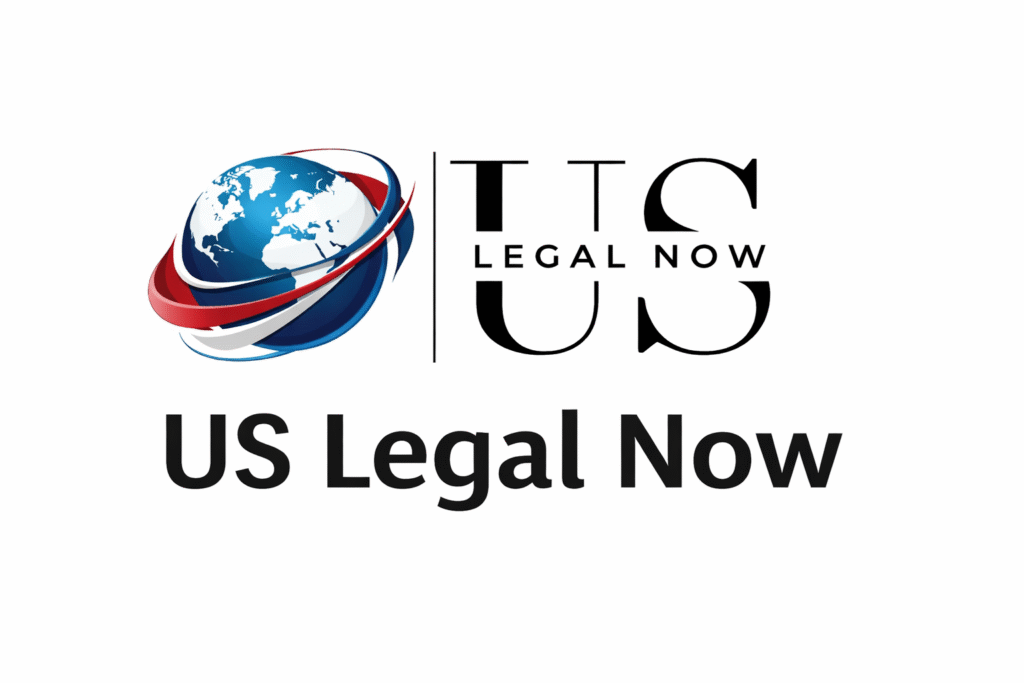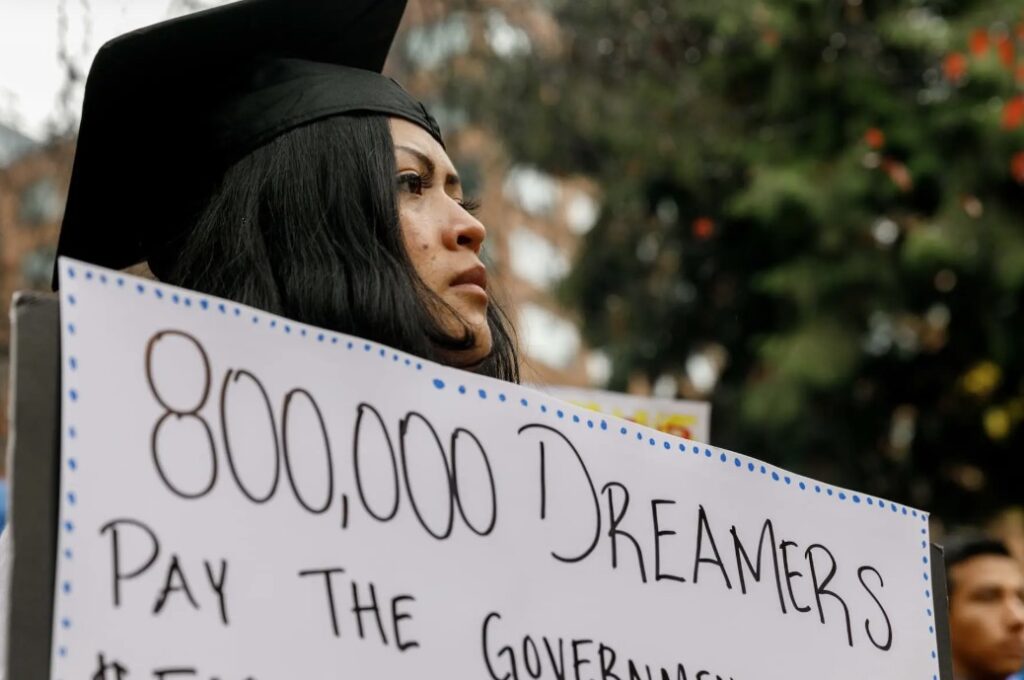HE SERVED IN THE U.S. ARMY — AND WAS STILL DEPORTED
The real case that shocked the country and the ultimate warning for immigrants In recent days, millions of people have followed, through television and online news, a story that seems impossible — but is real, documented, and widely reported by the media. A United States Army veteran, born in Jamaica, who lived more than 50 years in the United States, built a family, raised children, and served the country honorably, was deported to Jamaica. His daughter and fiancée spoke publicly.The pain was visible.The outrage was legitimate. The question that dominated social media was simple:How could this happen? The answer is difficult — and that is precisely why it must be explained clearly. The truth many immigrants do not know Military service does not automatically grant U.S. citizenship. Even when a person: Without completed naturalization, the individual remains a non-citizen under immigration law.And that changes everything. What is confirmed about this case According to reports from CNN, CBS News, and Newsweek, the confirmed facts include: These are not opinions.They are documented facts. Why cases like this happen so often This is not an isolated situation. In daily immigration practice, this pattern appears with alarming frequency.Common mistakes among immigrants include: In immigration law, old cases do not disappear.They remain on record and can be reactivated at any time. The most critical point few people talk about Many permanent residents view citizenship as optional.For individuals with criminal history or complex immigration records, it is not. In many cases, naturalization is the only real safeguard against future deportation.Delaying this step can cost decades of life built in the United States. The warning this case leaves for all immigrants If you are a permanent resident and: You need to review your situation urgently. Do not wait for an unexpected event — such as a routine traffic stop — to discover that an old case is still active. Information is protection. Conclusion This veteran’s case makes it clear that serving the country, living in the United States for decades, and building a family do not replace the need for a fully secured immigration status. When citizenship is not completed and old cases remain active, stability may be only apparent — and consequences can arise suddenly, even after many years. Safe immigration planning depends on accurate information, realistic legal analysis, and a complete review of personal history, especially for permanent residents with complex backgrounds. That is exactly what we do. Where to find responsible guidance Freedom to Belonghttps://freedomtobelong.orgImmigration education, community support, and initial guidance. US Legal Nowhttps://www.uslegalnow.comIndividual analysis, immigration planning, and legally grounded guidance. Legal Disclaimer This content is for educational and informational purposes only.It does not constitute legal advice.For personalized guidance, consult a licensed immigration attorney. #USImmigration #Deportation #GreenCard #USCitizenship #PermanentResident #ImmigrationLaw #ImmigrationEducation #ImmigrationStatus #ImmigrantsInTheUSA #FreedomToBelong #USLegalNow
HE SERVED IN THE U.S. ARMY — AND WAS STILL DEPORTED Read More »







